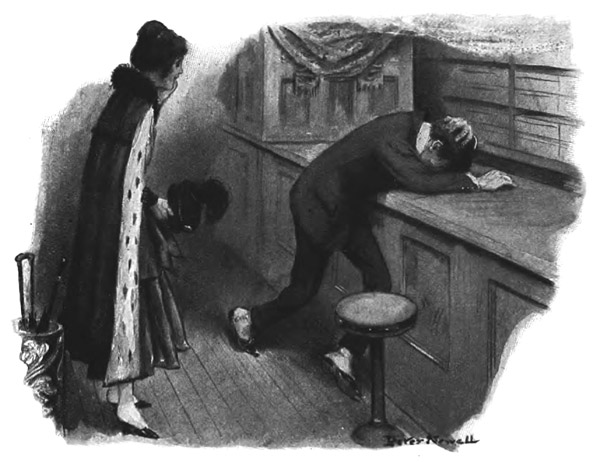
It is also thanks to lingering communist-era networks that a fog of misinformation still shrouds the events of the 1989 Christmas revolution itself. Wild rumors and conspiracy theories continue to swirl around Ceause?cu’s execution, the street battles in which over a thousand people lost their lives, and the empowerment of a clique of second-tier communists. Was this a full-fledged revolution or just a palace coup? Romanians are still wondering. Had they been duped and then abused by Ceause?cu’s aides posing as radical reformers? The legitimacy of the revolution and of Romania’s current democracy hinge on the answers to these questions. The power of the new oligarchs, and Herta Mueller’s experiences, seem to indicate that Ceause?cu’s ouster was a putsch and nothing more. —“Past Forward,” Paul Hockenos, Boston Review
The press corps goes Rodney Dangerfield on Obama;
a Harvard law student’s racist take on genetics;
Trojan’s race-based marketing of extra-large Magnum condoms
A musicologist will tell you that a raga is a specific mode, a series of notes that serve as the basis for improvisation, but Pandit Pran Nath and his students would tell you something else, that a raga is a living soul the performer invokes like a celestial, numinous presence moving behind and between the notes, a cosmic teacher that the performer, if he is successful, embodies and transmits, dissolving the boundaries between singer, listener, and song. Each raga comes assigned to a certain time of day, but many artists ignore them in performance, regarding the designations as conventional and dispensable; Pandit Pran Nath only sang midnight songs at midnight. The Malkauns raga is one such, a druggy pentatonic nocturne that some superstitious musicians refuse to play on the grounds that it attracts demons; it works like a powerful narcotic, replacing clock time with another temporality altogether. Do not attempt to operate a motor vehicle under its influence. Put on the recording from 1976 and prepare to lie down on something soft: those four simple syllables Pran Nath sings — go vin da ram — are the name of God. —“Lord of the Drone: Pandit Pran Nath and the American Underground,” Alexander Keefe, Bidoun
Policing grammar on Twitter: The Myth of Twisyphus;
the fashion police dissect Star Sapphire’s comics couture;
the basketball police couldn’t stop the highway robbery now known as Sonicsgate
So how should America respond? The country’s cold war experience offers a useful strategy. The stalemate imposed by “mutually assured destruction” that prevented the US-Soviet conflict from igniting created a sense of stability. Today, the US and China are locked in a new form of “mutually assured economic destruction,” a dependence that can force some degree of co-operation even as political, economic and security disputes simmer. America still needs China to help finance its debt. For the moment, China needs access to US consumers to keep unemployment in check and for continuing foreign investment. Even if the Chinese economy becomes more driven by domestic demand, consumers will still want access to foreign-made products. The two sides will be doing business for decades to come. —“China vs America: Fight of the Century,” Iam Bremmer, Prospect
Home-made in China: a submarine, flying saucers and a helicopter;
“Harry Potter and the Chinese Overseas Students at the Hogwarts School of Witchcraft and Wizardry” and other unofficial sequels;
speak Kinaray-a? Waray-waray? Ivatan? CUNY wants you!



